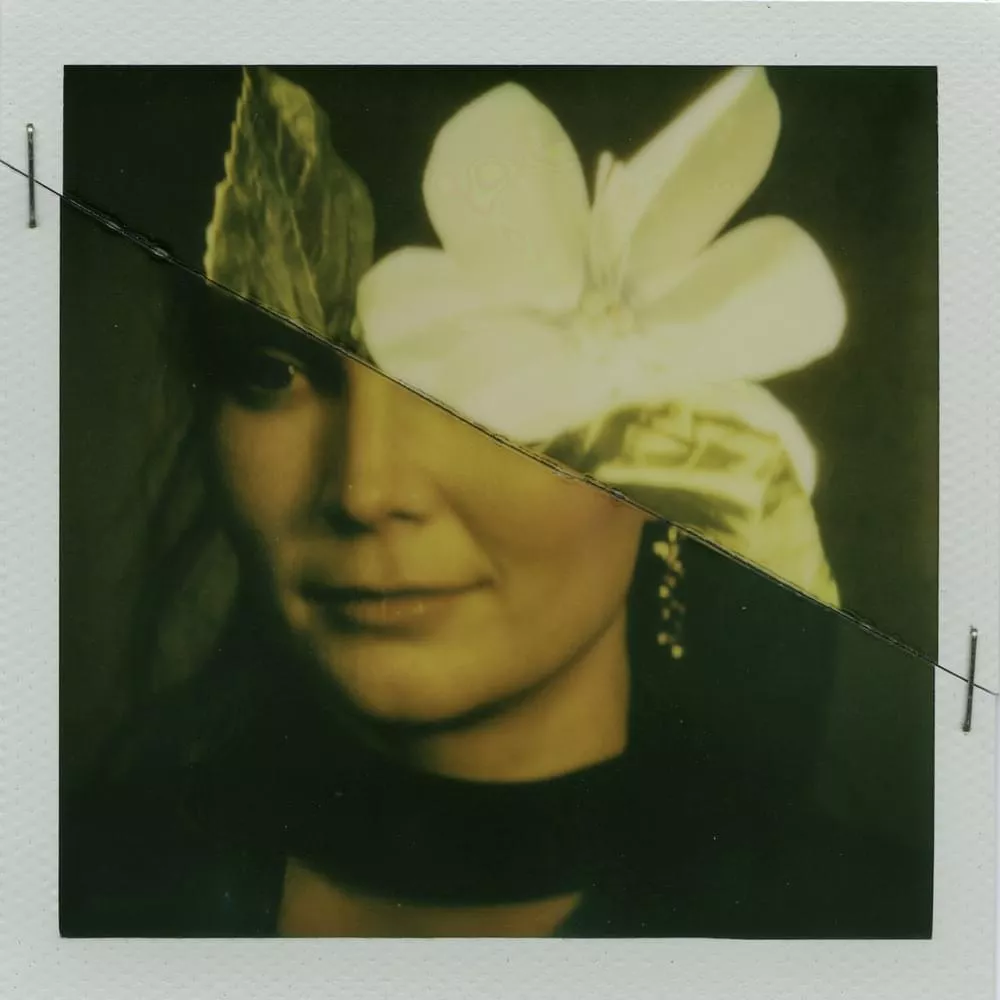Voyage Lyrics – Zoë Më CHE
Mes yeux candides découvrent le monde
D’une façon naïve à faire confondre
Les démons de la nuit
Mmh, mmh
Tu me balances des mots qui m’étouffent
Quoi qu’il advienne je me couche
Près de toi ce soir
Mmh, mmh
Tu comprendras un jour
Que les fleurs sont plus belles
Quand tu les arroses
Tu m’as coupé tellement de
fois
Si tu veux je pars
Avec toi pour faire un voyage
Faire un voyage, voyage
Faire un voyage avec toi
Laisse-moi t’aimer même si tu m’aimes pas
Je vais me noyer dans tes larmes
Je vais partager ton vague à l’âme
Tu me bouffes avec ton regard
Quoi qu’il advienne je ne cesserai jamais
De chanter pour toi
Tu comprendras un jour
Que les fleurs sont plus belles
Quand tu les arroses
Tu m’as coupé tellement de
fois
Si tu veux je pars
Avec toi pour faire un voyage
Faire un voyage, voyage
Faire un voyage avec toi
Faire un, faire un voyage
Faire un, faire un voyage
Faire un, faire un voyage
Avec moi
Faire un, faire un voyage
Faire un, faire un voyage
Faire un, faire un voyage
Avec moi, avec
moi
Si tu veux je parѕ
Avec toi pour faire un voyage
Faire un voyage, voyage
Faire un voyage аvec toi
Voyage by Zoë Më (CHE) meaning
“Voyage” is a poignant song by Swiss artist Zoë Më, featured in the album “Eurovision Song Contest: Basel 2025.” Released in 2025, the song captures the essence of emotional exploration and the complexities of love.
Quick summary
The song delves into themes of longing, love, and emotional struggle, portraying a heartfelt journey of connection despite challenges.
In-depth lyrics analysis
The song opens with the line, “Mes yeux candides découvrent le monde,” which translates to “My candid eyes discover the world.” This line sets the tone for the song, suggesting a sense of innocence and naivety in the narrator’s perspective. The use of the word “candides” implies a purity in the way the narrator views love and relationships, as if they are experiencing these emotions for the first time. The juxtaposition of this innocence with the “démons de la nuit” (demons of the night) hints at the darker aspects of love and emotional struggle that the narrator will face throughout the song.
As the song progresses, the narrator expresses feeling overwhelmed by the words of their love interest, stating, “Tu me balances des mots qui m‘étouffent” (You throw words at me that suffocate me). This line conveys a sense of emotional turmoil, where the weight of unreciprocated feelings or harsh truths becomes too much to bear. Despite this suffocation, the narrator chooses to remain close, saying, “quoi qu‘il advienne je me couche près de toi ce soir” (no matter what happens, I will lie next to you tonight). This illustrates a deep yearning for connection, even in the face of pain.
The recurring theme of nurturing love is beautifully encapsulated in the metaphor of flowers needing care: “Tu comprendras un jour que les fleurs sont plus belles quand tu les arroses” (You will understand one day that flowers are more beautiful when you water them). This line emphasizes the importance of nurturing relationships, suggesting that love requires effort and attention to flourish. The narrator acknowledges the hurt they have experienced, indicated by the line, “Tu m’as coupé tellement de… fois” (You have cut me so many times), which reflects the emotional scars left by their love interest.
The chorus, with its repeated invitation to embark on a journey together, “Si tu veux je pars avec toi pour faire un voyage” (If you want, I will leave with you to take a journey), symbolizes a willingness to face the uncertainties of love. The repetition of the word “voyage” (journey) reinforces the idea that love is an adventure filled with ups and downs, and the narrator is ready to embrace it, regardless of the challenges that may arise.
The emotional depth of the song is further highlighted in lines like, “Je vais me noyer dans tes larmes” (I will drown in your tears) and “Je vais partager ton vague à l’âme” (I will share your soul’s vagueness). These lines reveal a profound empathy and commitment to sharing the emotional burdens of the love interest, showcasing the narrator’s willingness to be there for them, even if it means experiencing pain.
The song concludes with a reiteration of the journey theme, emphasizing the desire for closeness and shared experiences. The repetition of “Faire un voyage” (Take a journey) serves as a mantra, reinforcing the narrator’s determination to pursue love despite the complexities involved. Overall, “Voyage” captures the bittersweet nature of love, blending innocence with emotional struggle, and ultimately portraying a heartfelt desire for connection.












Leave a Reply